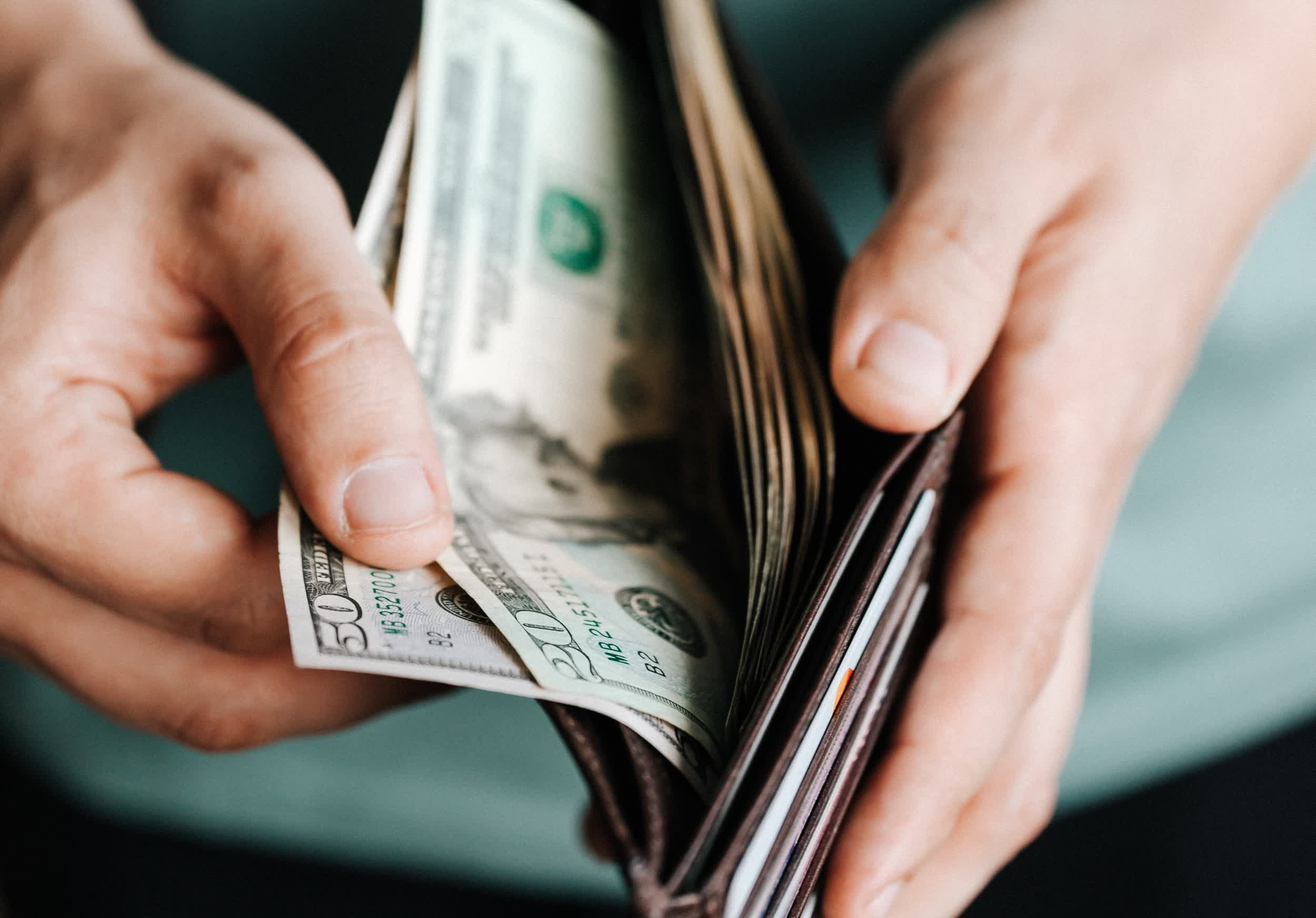What just happened? Did you recently find that Google Pay unexpectedly sent you between $10 and $1,000 and a message about "dogfooding?" It turns out that the cause of this unintended generosity was a bug, and if you were quick enough to use the money, Google says you don't have to pay it back.
Android researcher Mishaal Rahman was one of the many people to receive an unexpected cash deposit via the Google Pay rewards program earlier this week. The popular contactless payment platform lets users earn rewards for performing certain actions, like making purchases or spending money.
Rahman and others received their cash rewards - he got a total of $46 - alongside a message that claimed it was "for dogfooding the Google Pay Remittance experience." There were other users on Reddit who said they received hundreds of dollars, with one person claiming Google Pay gave them $1,072.
Uhhh, Google Pay seems to just be randomly giving users free money right now.
--- Mishaal Rahman (@MishaalRahman) April 5, 2023
I just opened Google Pay and saw that I have $46 in "rewards" that I got "for dogfooding the Google Pay Remittance experience."
What. pic.twitter.com/Epe08Tpsk2
The clue to what happens lies in the term dogfooding, which refers to internally testing pre-release software; developers are forced to eat their own "dogfood," as it were, so they can discover the errors and fix them before the full release.
The use of the term suggests that these messages and rewards were meant to be sent to either Google employees or testing partners instead of everyday users, many of whom received multiple copies of the message and multiple payouts.
Recipients of the cash later received another message from Google, this one confirming that an error had deposited unintended funds in their account. It added that the issue had been resolved and, where possible, the credit taken back out of the account.
However, for anyone who had already spent or transferred the money, Google said they can keep it, and no further action is necessary - thereby avoiding any legal claims and bad publicity. Guess it didn't pay to be honest, in this instance.
Accidental payouts aren't a new phenomenon. While not quite on the same level as Google's mistake, cryptocurrency exchange Crypto.com accidentally issued a $7.2 million to an Australian customer instead of $68.55 last year, an error it didn't even notice for seven months.
Image credit: Karolina Grabowska
